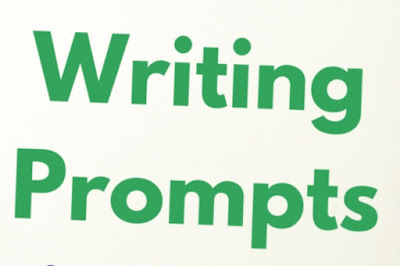Writing Prompt: The Other Side Of the Story (v. 2)
These
exercises were written by IWW members and administrators to provide
structured practice opportunities for its members. You are welcome to
use them for practice as well. Please mention that you found them at the
Internet Writers Workshop.
-------------------------
Exercise: In 400 words or less, rewrite a scene from a story familiar to most of us from the point of view ofsomeone other than the main character. Tell us the name of the story you have chosen and who your viewpoint character is, and then show us what is different about the way that character sees the action and personalities involved.
-------------------------
Every character in a story, from the main character right down to the dog, has a reason for being included, a reason for his or her actions, a point of view. Yes, some characters are just part of the machinery of the plot--the butler announcing the arrival of the Duke. But once that butler gets back to his pantry and starts gossiping with the housekeeper, he becomes part of the story, and we get a different perspective on what's going on in the house. The way all of the characters interact, the way each one views the action, deepens and enlivens the story. In the best stories, the characters, good and bad, act for clear reasons, their interactions providing the conflict and narrative tension that makes for a good read.
Some examples:
How might Rhett Butler or Melanie Wilkes see Scarlet O'Hara in Gone with the Wind?
See Stephen King's Cujo,
where we watch the thoughts of a dog as he goes mad.
What would the wolf have to say about Little Red Riding Hood?
Some writers have already rewritten a known work from another point of view. Tom Stoppard, in Rosencrantz and Guildenstern Are Dead, showed us Hamlet through the eyes of two minor characters.
-------------------------
When critiquing, consider whether we gain new insight into a familiar tale (the characters, their motivations, the twists of plot) by experiencing it through a different sensibility. Why does this supporting character's point of view matter? Would this constitute a whole new telling of the story?
-------------------------
Some more writing prompts for you to try.


No comments:
Post a Comment